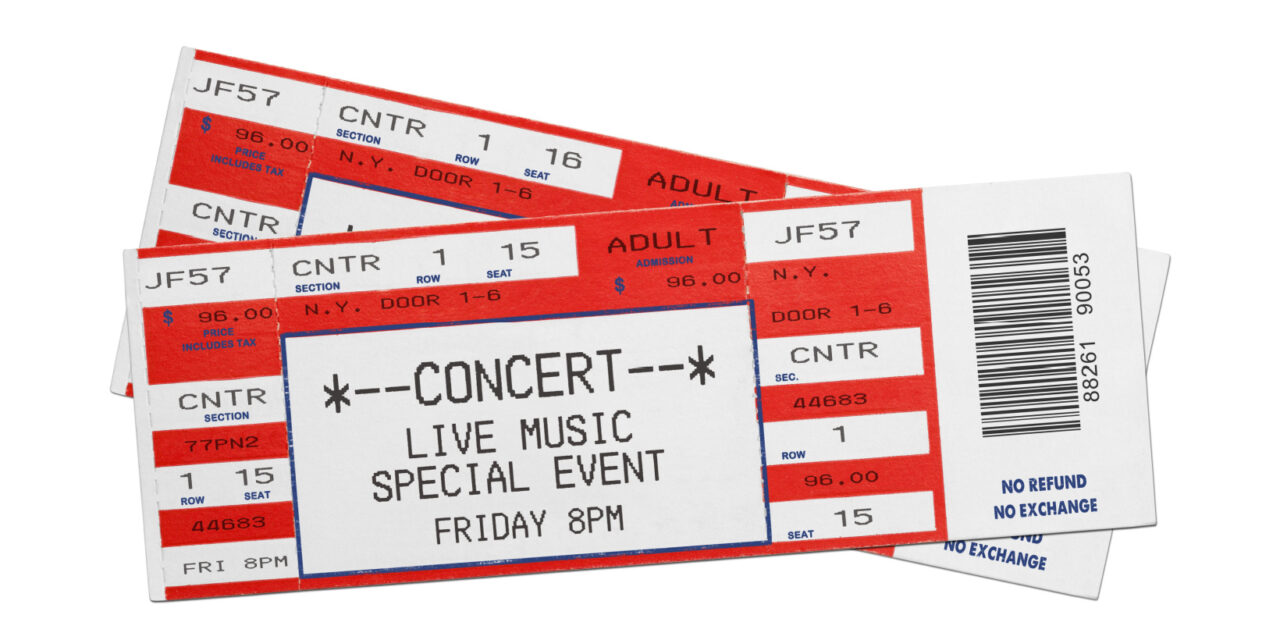
What Ails the Ticket Market?
The breakdown in the ticket market has led, in many instances, to predatory pricing and chaos. And Taylor Swift agrees, which is why she created a “Verified Fan” program that requires interested buyers to prove their identity to have access to pre-sale tickets. The U.S. Senate also sympathizes, which is why they’ve opened an investigation into the ticket selling business.
To view the full article please register below:
What Ails the Ticket Market?
For many entertainment events, predominately popular music tours like Taylor Swift and The Rolling Stones, over 90% of tickets are not released to the public. Instead, they end up in the hands of credit card companies (via committed blocks of tickets they negotiate as sponsors of an event) and secondary market sellers, some of which are owned by mega-ticket sellers, such as Ticketmaster/Live Nation.1
The breakdown in the ticket market has led, in many instances, to predatory pricing and chaos. And Taylor Swift agrees, which is why she created a “Verified Fan” program that requires interested buyers to prove their identity to have access to pre-sale tickets. The U.S. Senate also sympathizes, which is why they’ve opened an investigation into the ticket-selling business.
Among the many issues plaguing ticket-selling platforms are:
- Bots that snap up and resell them at extraordinary mark-ups. (The BOTS Act of 2016, which was designed to eliminate this problem, has not been up to the task and, in fact, has seen very little enforcement.)
- “White label” sites, which are resellers that appear to be affiliated with the artist or venue, but charge higher fees than official sites.
- Technology that is not up to the task of handling heavy fan demand, which frequently leads to site breakdowns and cancelations.
- Holdbacks, which is when ticket brokers reserve seats for future sales or people affiliated with the artist or venue. Often times these holdbacks are sold elsewhere at higher prices.
- Slow ticketing, which releases the number of seats available in drip-like fashion for the express purpose of driving up demand and prices.
- Confusing and even obscuring the fees and pricing of tickets, which can result in consumers paying more than they had anticipated.
- Primary sellers that sometimes enter the secondary sales market, limiting the number of tickets available and garnering for themselves higher profits.
- Denial of entry at the gate may occur if the ticket is not bought through the venue or the official seller, even though the secondary sale origin was from the primary seller.
Event goers face a market that is characterized by monopoly power, ineptitude and a stunning lack of concern for the customer, which may soon be addressed by a recently-introduced bill in the U.S. Senate by a bi-partisan group of senators called the Fans First Act. The bill seeks to address price transparency, consumer protection and ticket brokers that sell tickets at exorbitant prices. Let’s hope it has more impact than the BOTS Act.
Source:
Please reference disclosures at: https://blog.americanportfolios.com/disclosures/












